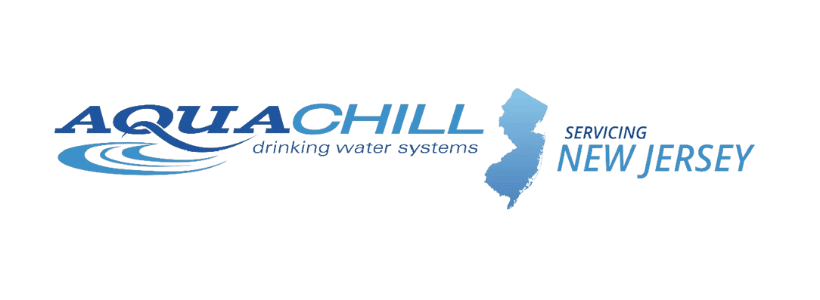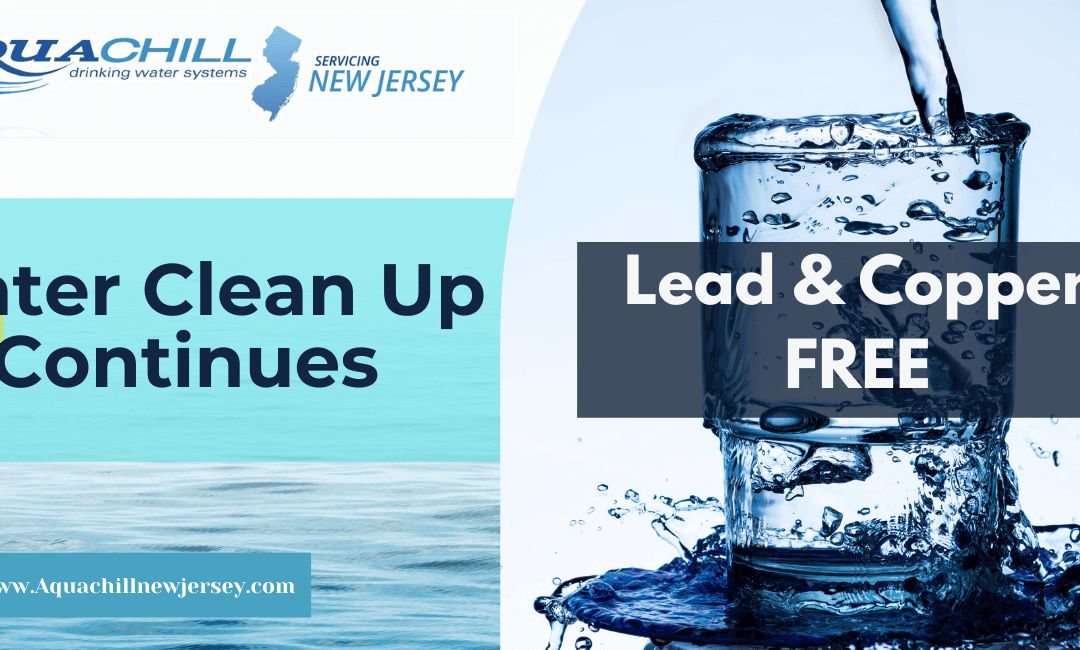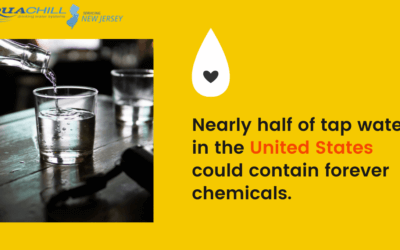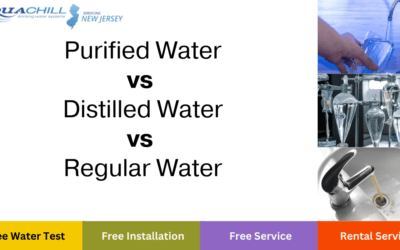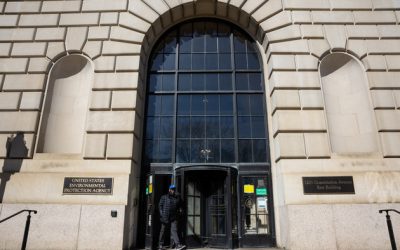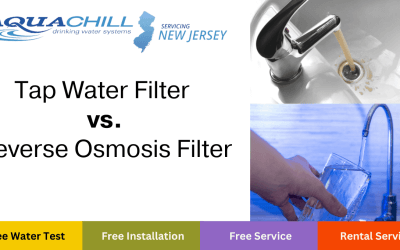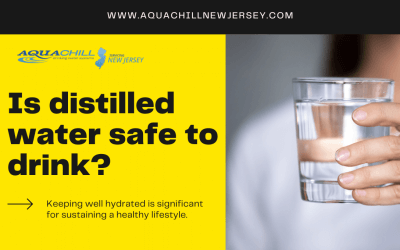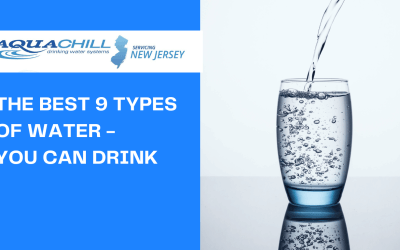Water Clean Up Continues in NJ
This year, New Jersey has made progress in removing contaminants from the drinking water by upgrading antiquated storm drains in 21 cities. Newark has replaced most of the main lines contaminated with lead dust that serves drinking water to thousands of people. Additionally, New Jersey took legal action against companies that leaked chemicals into local water and soil. These advances suggest a growing public awareness of, and support for, renewing the state’s aging water infrastructure following decades of neglect. In 1991, the EPA issued a regulation to control lead and copper in drinking water. This regulation is called the Lead Copper Rule (also known as the LCR). Since 1991, there have been several revisions to the LCR.

To address additional problems of high levels of lead in New Jersey drinking water, Newark distributed water filters to residents last year. Unfortunately, the Environmental Protection Agency warned that even with the distributed filters, they still found high levels of lead in the drinking water. .
The EPA advises New Jersey residents to stop drinking tap water and urges the city to provide bottled water (although the solution also poses a problem when the town finds out what is in the water. The expiration date, The best solution is currently using Reverse Osmosis Water Filters, Alkaline Drinking Filter which remove the LEAD and COPPER).
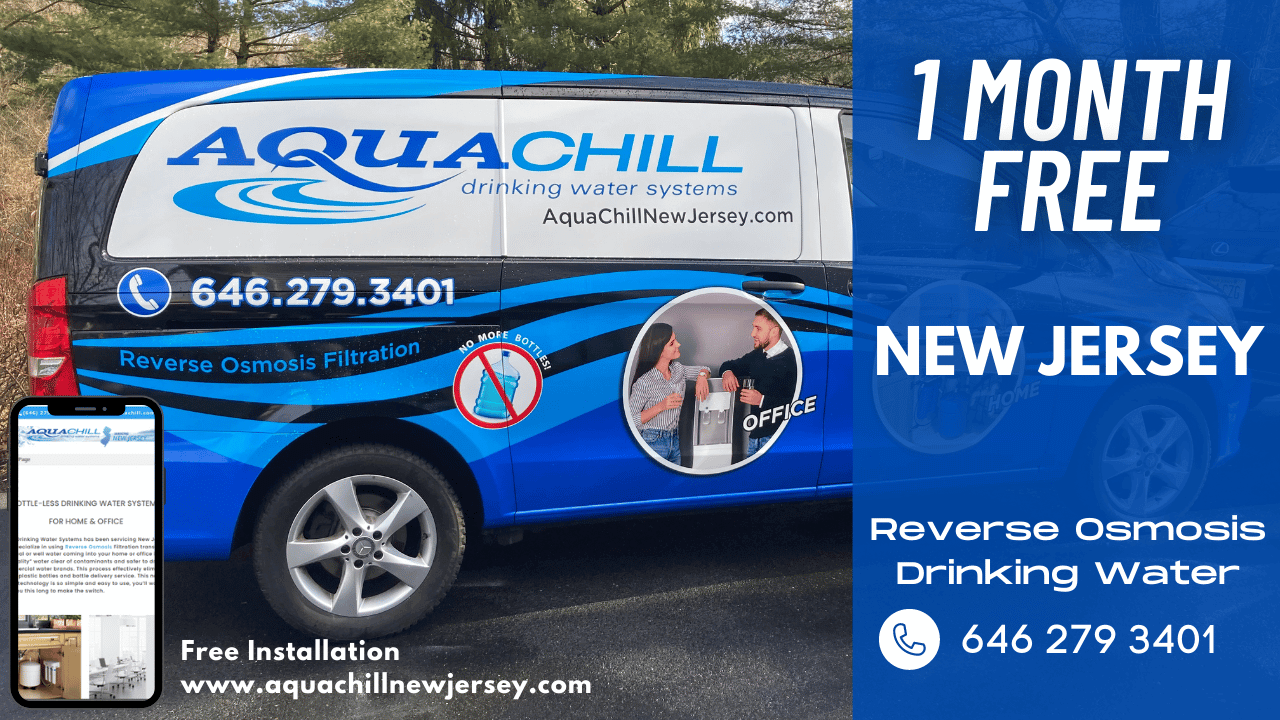
Lead and Copper may cause health problems
Aging plumbing is the leading cause for high levels of Lead and Copper being found in our drinking water. In 1991, the EPA established the Lead Copper Rule so water companies have a standard to follow regarding safe drinking water. If Lead levels exceed 15ppb and if Copper exceeds 1.3ppm in local water, then local customers need to be informed of the measures they can take to protect themselves. While the cost to fix these issues can be astronomical for a water company to address, a local consumer can take more affordable measures by installing a Reverse Osmosis filter direct in their home. Reverse Osmosis is the only filter system that actively removes Lead & Copper.
If you are concerned about Lead & Copper in your water, contact Aqua Chill New Jersey for a FREE LEAD Test. Also, you can visit EPA gov site for furthermore information.
Nearly half of tap water in the United States could contain forever chemicals.
Nearly half of tap water in the United States could contain forever chemicals.A report published by the U.S. Geological Survey discovered that as much as 45% of the water coming out of U.S. taps may contain one or more types of PFAS, which could pose a risk to human...
Understanding the Key Differences of Purified vs Distilled vs Regular Water
Understanding the Key Differences of Purified vs Distilled vs Regular WaterUnderstanding the importance of optimal water consumption for your body's daily functions and overall health is key. Each tap and taste of water fuels our cells - offering a reason to...
The Biden administration’s EPA has begun a major effort to minimize ‘forever chemicals’ present in drinking water.
It's a bold action which reflects what health authorities and local campaigners affirm is an overdue initiative. For the first time ever, the Biden government has suggested federal beverage water regulations for the use of toxic chemicals in manufacturing materials...
Tap Water Filter vs. Reverse Osmosis Water
Tap water is used for a wide variety of everyday household activities. You turn on the faucet to wash your hands, dishes and produce. You may go back to the tap to fill up a pot for cooking. Many people use their kitchen sink for drinking water, too. Given the central...
Is distilled water safe to drink?
Keeping well hydrated is significant for sustaining a healthy lifestyle. Could the consumption of distilled water be a favorable choice as opposed to other sorts of water? This article considers the features of distilled water compared to other kinds of water and...
The Best 9 Types of Water You Can Drink
The Best 9 Types of Water You Can DrinkIt is often said that people should drink more water. The amount of water consumed depends on the individual, however, staying hydrated can provide a variety of health advantages. These include enhanced energy levels and high...
